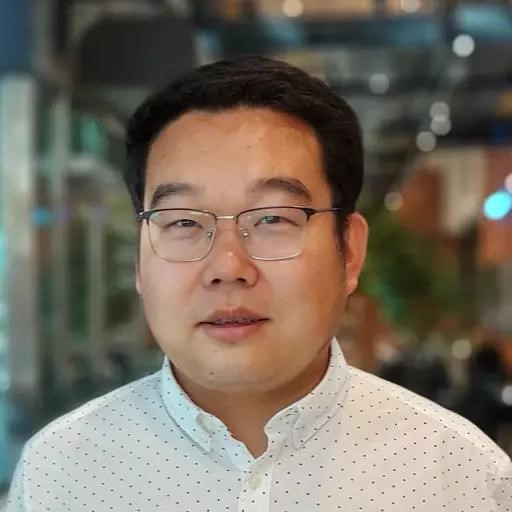Collection
Solid State Supercapacitors: From Materials to Device
- Submission status
- Open
- Open for submission from
- 03 May 2023
- Submission deadline
- 30 September 2024
Editors
-
Prof. Daniel Tan
is the Deputy Head of Department of Materials Science and Engineering, Guangdong Technion-Israel Institute of Technology in China. He obtained a PhD in Physics from Chinese Academy of Sciences in 1989 with expertise in defects in solids. He then taught at the University of Science and Technology of China. From 1994, Professor Tan moved to USA and received his Ph.D. in engineering from UIUC focusing on ferroelectric ceramics. Then, he developed dielectric ceramics and polymers, capacitors, and energy storage technologies in industry for 20 years. He has over 90 publications and 55 invention patents in these areas.
-
Prof. Zhong-Shuai Wu
is the group leader of 2D materials chemistry & energy applications at Dalian Institute of Chemical Physics (DICP), Chinese Academy of Sciences (CAS). He received his Ph.D. from the Institute for Metal Research of CAS in 2011 and worked as a postdoctoral fellow at the Max Planck Institute for Polymer Research in Mainz, Germany, from 2011 to 2015. Subsequently, he became a full professor and was promoted in 2018 as a DICP Chair Professor. His research interests include the chemistry of graphene and 2D materials, surface- and nanoelectrochemistry, microscale electrochemical energy storage devices, supercapacitors, metal ion batteries.
-
Prof. Xiaoyan Zhang
is the team leader of the 'Chemistry of 2D Materials' group at Chalmers University of Technology, Sweden. His research is centred on combination of functional molecules with 2D materials through covalent and noncovalent approaches. The as-prepared molecules/2D materials hybrid systems are further explored in ad-hoc applications such as energy storage devices. Through his research, understanding of the structure-property-function relationship will be studied in detail, especially on how molecules affect the properties of 2D materials.




